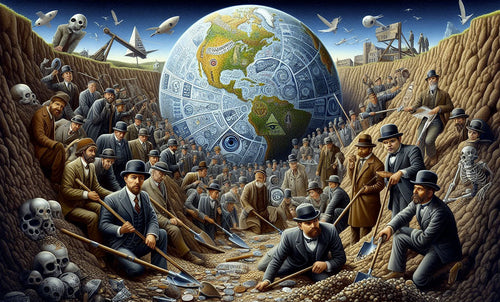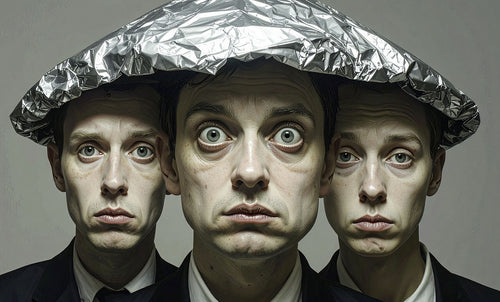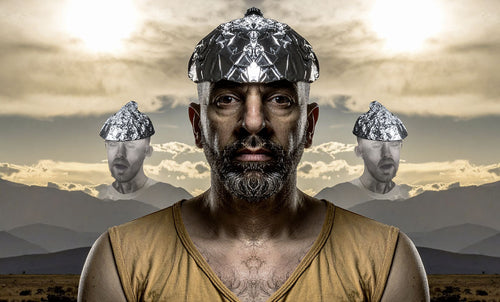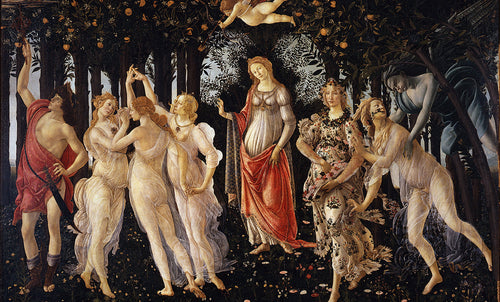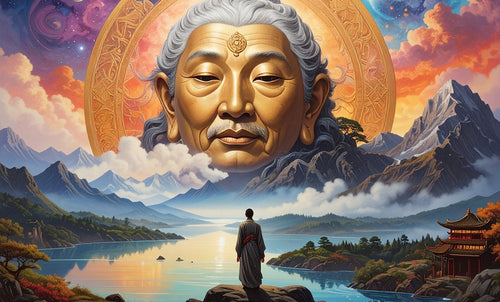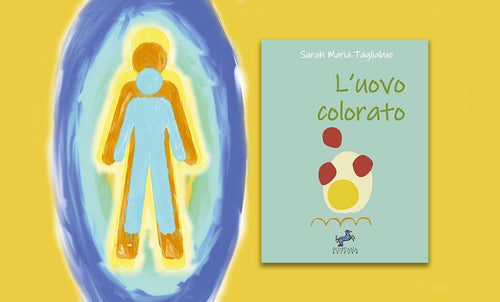
Health paradigms and crimes against humanity
Rocco FontanaEvery major crisis, every major emergency can create dangerous short circuits in democracies.
Fear can become mass psychosis and give governments an alibi to suspend constitutional freedoms and fundamental human rights. But on what basis can we draw the line at such suspensions? Are they really legitimate?
Schiller wrote: “To be free and to determine oneself… is the same thing” (F. Schiller, Kallias, or of beauty, Mursia, p. 67.) Therefore a true state of law is one that allows the individual to determine himself, where the sphere of freedom is something inviolable.
But the health emergency is putting this vision into crisis, as it is affecting the individual psyche with fear, a psyche held hostage, ready to temporarily sacrifice itself for the good of oneself and others.
But what happens if this emergency raises doubts? If not all scientists are in line with the same narrative? Can a government decide a priori, without a real popular and cultural debate, the health truth and use censorship? With Coronavirus these issues appear forcefully. Every country in the world is responding differently, some are for a softer approach, like Sweden, others fall into authoritarianism, like Hungary.
In Italy the situation is suspended in a limbo of ambiguity and incompetence... Censorship is underway, as the government promotes a real attack on those who dissent and propose a different reading of the emergency. The national media follow the line of psychological terrorism, when they should reassure... But this choice is at the service of a government that for months has been churning out decrees whose unconstitutionality many jurists have openly denounced. The internet could not help but react, and while certain paid philosophers make fun of conspiracy theorists, the unease grows, suicides increase and the economic future of the country appears increasingly devastating. Can a healthy democracy trigger such tensions? In reality this emergency shows us the real cultural and legal maturity of nations.
Italy is completely immature… and this immaturity has its roots in history, in centuries of slavery, and in the shadow of fascism, a shadow that has never been overcome. For this reason, we must monitor the States, as Michelle Bachelet of the United Nations states, who warns us of the possibility that such exceptional measures could then become a 'catastrophe' for human rights. It is no coincidence that the Commission Nationale Consultative des Droits de l'Homme was established in France. In Italy, however, they prefer to treat the people as if they were criminals under house arrest. Many passively accept and wait; others rebel and seek legal means to express their dissent. The health emergency can truly become a totalitarian instrument if political and spiritual maturity is lacking. Perhaps we should reflect on which scientific-health paradigm has brought the world to this crisis.
As one doctor wrote: “If doctors used truly scientific methods in treating their patients, then they should use the methods that offer the best chance of recovery, and they should also use scientific methods to compare the effectiveness of conventional methods with the effectiveness of unconventional ones (such as diet, for example). But doctors don’t do that.” (V. Coleman, How to Stop Your Doctor from Harming You, Macroedizioni, pp. 16-17.) But this happens because there is a very specific dominant ideological paradigm that has its roots in the scientistic dogmatism of the 19th century. And most people believe that this dogma is 'science'. But science is something else entirely, it is continuous and critical research, it is total openness and verification.
But in a world dominated by the interests of multinational pharmaceutical companies, what could we expect? Dialogue and serious comparison with other methods that have been effective for millennia? Obviously not; on the contrary, natural medicine, homeopathy, Ayurveda, are systematically discredited with the worst propaganda. Here the health emergency shows the emergency of paradigms. Follow univocal and often harmful methodologies or really question what the human being is, in its physical, mental and above all spiritual complexity? The choice still belongs to people and not to States.
The dominant health paradigm is not ethical, since it violates the maxim expressed by Kant: "That man is an end in himself, that is, that he can never be used by anyone (not even by God) exclusively as a means, without being at the same time also an end." (I. Kant, Critique of Practical Reason, Rusconi, p. 265.). And the pharmaceutical industries do not have the human being as their end but profit. Therefore they are already a priori in a non-ethical dimension. While in a true ethical civilization the human being should be able to "agree with what he must submit to" ( Ibidem ). But this is not possible in a scenario like the current one. Therefore the real problem is not the virus (which requires years of study and comparisons) but respect for freedom; constitutional freedom, cultural freedom and freedom of choice and criticism. I conclude with the extraordinary words of Schiller: "The power of tyrants also has a limit. When the oppressed does not find justice, when the burden becomes intolerable, he stretches out his arms confidently to the sky and from there he brings down his rights, sacrosanct, which have always been there, inalienable and unbreakable like the stars themselves” (F. Schiller, William Tell, act two, scene two, Fabbri editori, page 192). These inalienable rights must be defended from the abuses of any emergency, in order to avoid future crimes against humanity.

